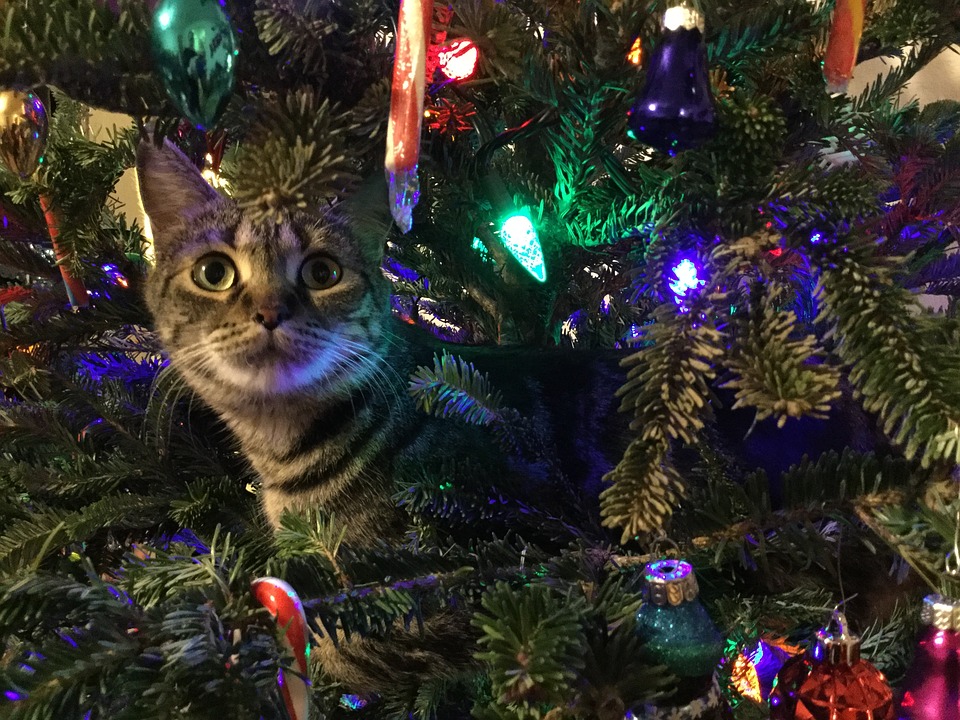Avoiding Christmas Tree Fires
The rapid nature of Christmas tree fires makes escaping a fire difficult. For that reason, taking precautions when choosing and decorating a tree becomes extremely important.
Here are a few tips to help you have a safe and enjoyable holiday season.
- Give live Christmas trees a fresh cut. Always choose a freshly cut Christmas tree so it will absorb water and stay fresher longer. Sap flows out of trees, so without a fresh cut at the bottom, water up-take might not be as good.
- Water your tree daily. Constant watering keeps trees fresher longer, but the moment the tree appears to drop its needles, it’s a sign that it is drying out.
- Use approved lights and connect them properly. Choose lights tested by a nationally recognized testing laboratory, such as Underwriters Laboratories (UL). Avoid connecting multiple extension cords and more than three strands of lights.
- Inspect lights and decorations. Before decorating your tree, lay out strings of lights and look for any broken or missing lights. Needles can get stuck in empty light sockets, creating a potential fire hazard. Electric energy passes through the bulb sockets and can cause needles to ignite.
- Toss damaged lights and decorations. Don’t attempt to repair light strings if they are worn, frayed or show other problems. Throw them away and buy a new set of lights.
- Choose your tree’s location carefully. Place the tree away from stairs, where fire can quickly travel to bedrooms. Avoid placing it near heat sources, such as a wood stove or fireplace. Being close to radiators and heat vents can more quickly dry out a tree.
- Avoid using candles near the tree. In a quarter of Christmas tree fires measured by the National Fire Protection Association, a candle or other heat source was too close to the tree.
- Avoid combustible ornaments. Pinecones and other ornaments can add fuel to a Christmas tree fire and should be avoided.
- Keep pets safe. Pets can chew, paw and otherwise damage lights and potentially knock over the tree.
- Unplug at night. Never leave the tree plugged in when you are away from home or asleep.
- Close bedrooms doors. Closing your bedroom doors at night can keep out harmful smoke and flames in the event of a Christmas tree fire, giving you more time to escape.
- Test smoke alarms. Make sure smoke alarms are properly located and in working order.

